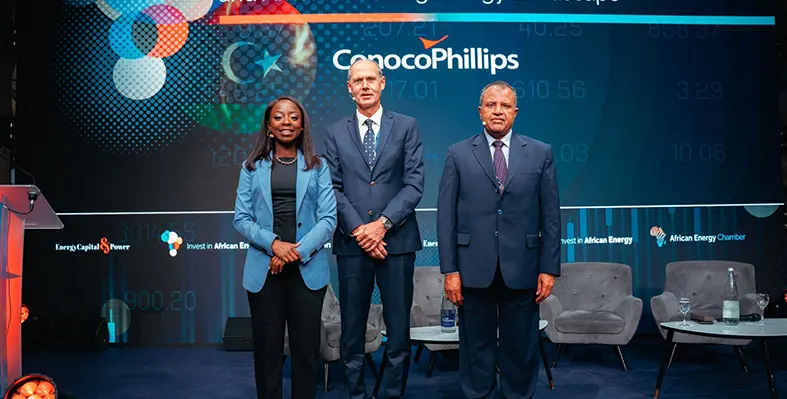The Middle East is set to overtake Asia to become the world’s second-largest gas producer in 2025 after North America, according to Rystad Energy research and analysis
Gas production in the Middle East has grown by about 15% since 2020, as regional producers seek to monetise gas reserves and develop export potential to meet global demand.
The region currently produces about 70bn cubic feet per day (Bcfd) of gas, a figure that is forecast to increase by 30% by 2030 and 34% by 2035 thanks to significant developments in Saudi Arabia, Iran, Qatar, Oman, and the UAE. By 2030, the region will add another 20 Bcfd, around half of which will be needed to meet rising domestic demand, with the rest available for export to Europe – which is keen to reduce its reliance on Russian energy – and fast-growing markets in Asia. Iran is currently the Middle East’s leading gas producer, at around 25 Bcfd, followed by Qatar at 16 Bcfd and Saudi Arabia at 8 Bcfd. But with Qatar’s production projected to rise nearly 50% to 24 Bcfd, driven by the ongoing development of its massive North Field, the country is expected to overtake Iran as the Middle East’s largest gas producer in the early 2030s.
“As more long-term gas contracts are signed and export volumes rise, the Middle East is on track to become a key energy hub for countries seeking stable and dependable sources of natural gas,” said Mrinal Bhardwaj, senior analyst, Upstream Research at Rystad Energy.
Qatar, the UAE and Saudi Arabia are leading this growth, with Qatar’s ambitious North Field expansion set to boost its LNG capacity by 80%, from 77 to 142 million tonnes per annum (Mtpa) by the end of the decade, while maintaining a competitive breakeven price of under US$6 per MMBtu.
“A drop below US$6 per MMBtu is not ideal for investments, but Middle Eastern projects remain highly resilient due to their low breakeven costs, typically below US$5 per thousand cubic feet. Even in a prolonged low-price environment, we expect strong production growth from the region. While some final investment decisions could be delayed in such a scenario, the overall impact on output should be limited,” added Rahul Choudhary, vice president, Upstream Research at Rystad Energy.
Rystad expects investments of more than US$50bn in the region’s LNG developments, as the region looks to strengthen its position in the global LNG market, with Qatar adding 48 Mtpa through its North Field East and North Field South projects. The UAE will contribute an additional 10 Mtpa from the Ruwais LNG project, and TotalEnergies is developing the Marsa LNG project with a capacity of 1 Mtpa in Oman. The new volumes of LNG produced in both Qatar and the UAE are primarily earmarked for Asian and European buyers, with Chinese national oil companies and global energy majors emerging as key buyers.











